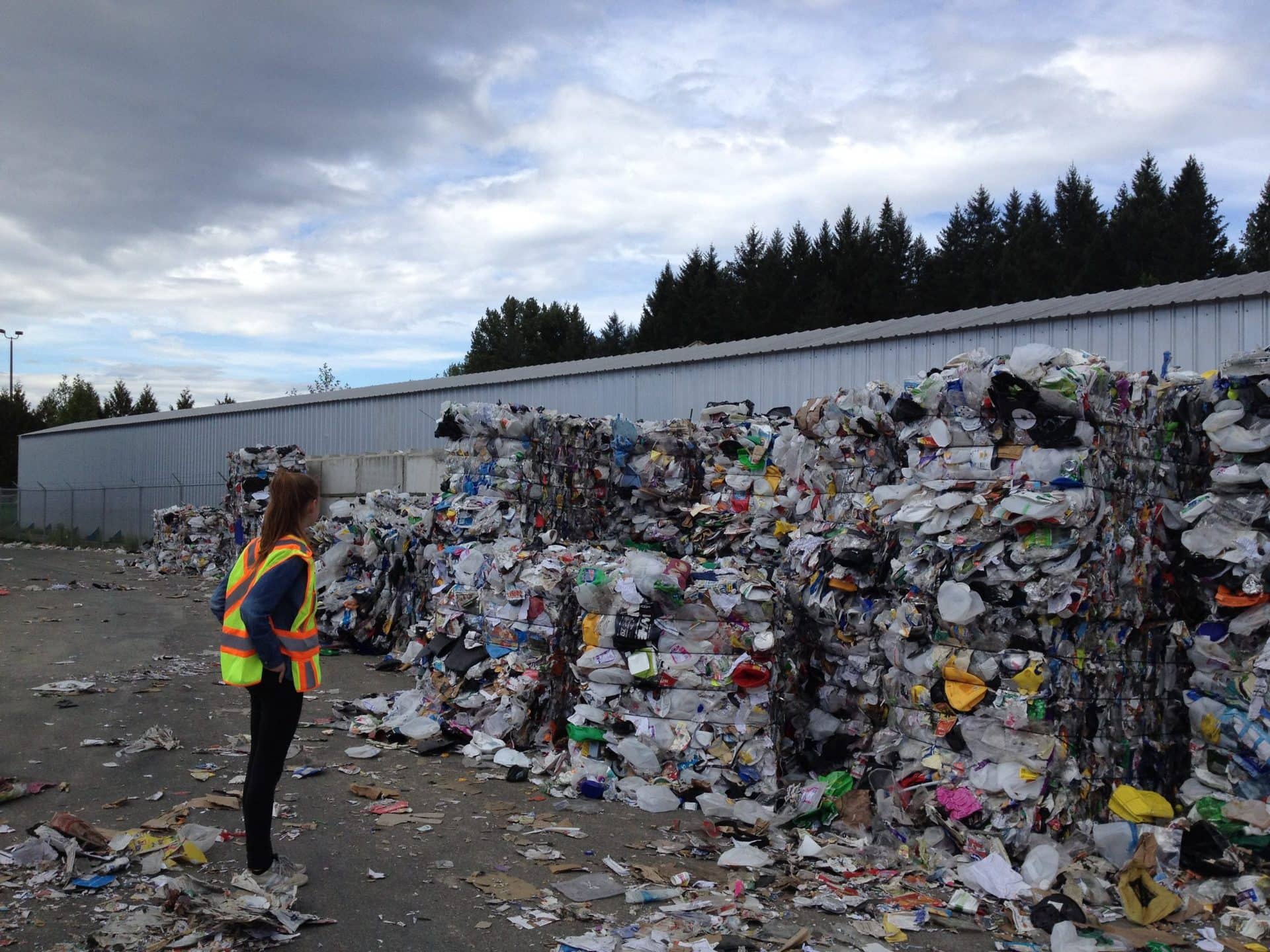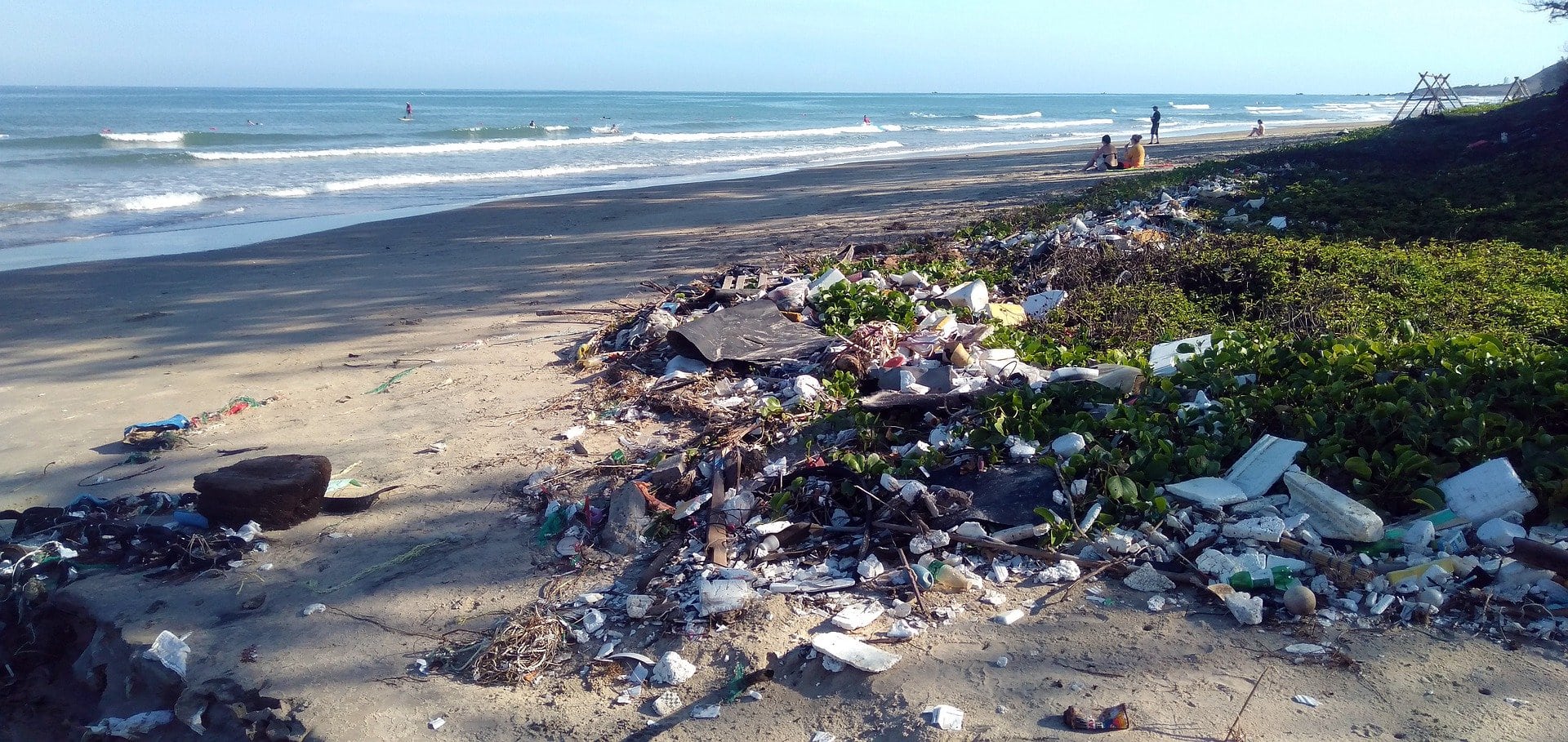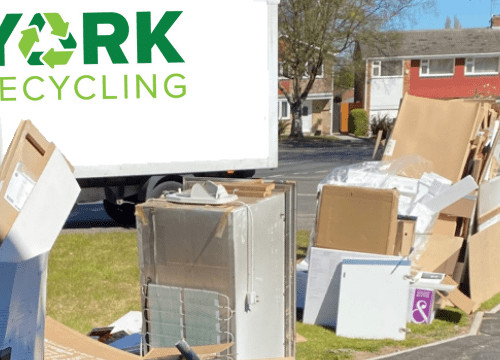
Recycling is a method of waste disposal that is a key component of modern waste reduction. It is the process of turning waste into new materials or objects. The recovery of energy from waste is included in this concept. There are many advantages of recycling. Not just for the environment but for us as well. But there are disadvantages as well. A WRAP report states that 88% of British households consider recycling a norm. Yet, statistics report that in 2020 the recycling rate was 44%. There are many recycling centres within the UK. There are also other ways to recycle such as charity shop donations.
A common reason why people do not recycle is confusion over what is acceptable for recycling. Recycling can also be inconvenient. It may seem simple, but to recycle, you must separate waste which takes a bit of effort. It is shown that 55% of households in the UK place recyclable items in their general rubbish bins.
There is also no incentive beyond personal reasons. Surveys state that people would recycle more if they were paid. Or if there were some reward incentives.
People also can’t see the effects of recycling. People hear about waste-related issues and think that even if they do recycle, it won’t make a difference. Research also shows that 76% of us misunderstand what recycling labels mean. Even if we check the recycling information on product packaging. To overcome this problem, we need clear instructions on what can be recycled. As well as consistent package labelling.

There is a growing amount of waste being generated every day. It may seem like not recycling a water bottle wouldn’t be a big issue. But every item that doesn’t get recycled harms the environment. By not recycling, we are activelycontributing to creating more problems for ourselves. For example, we deplete our resources. It is not just problems for ourselves that we create. By not recycling we also destroy the natural habitats of other creatures.

There is a high upfront cost of recycling. This means that recycling is not always cost-effective. There are also extra costs aside from building a waste recycling unit. Recycling also poses health risks to people who work there. This is because of the potential for infectious diseases or harmful chemicals.
Due to recycling not being widespread on a large scale it is still just a small part of long-term success.
By recycling, we can considerably cut back on the levels of pollution. This would also conserve the environment such as natural habitats. And reducing deforestation by using recycled paper.
Recycling can help to cut global warming and its impacts. Recycling uses small amounts of fossil fuels thus the release of toxins is minimal. This also helps to conserve natural resources, ensuring sustainability.
Job opportunities are also created by recycling. More recycling means that more recycling plants will be set up. This will lead to a long chain of collection and delivery.
There is a large consumption of energy that is used in the processing of raw materials. Because of this recycling plays a big role in reducing energy consumption. This is vital to large scale mining or refining. It also renders the production process, less expensive.
If you have waste that you are looking to recycle, click here to see what we can do for you. York Recycling service aims to recycle 99 – 100% of waste.
